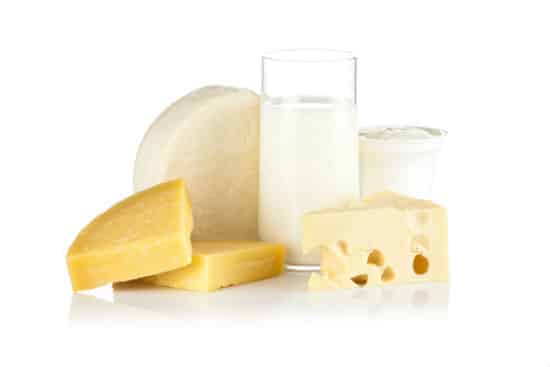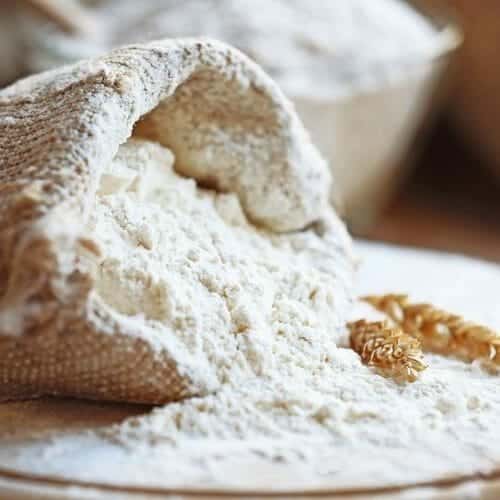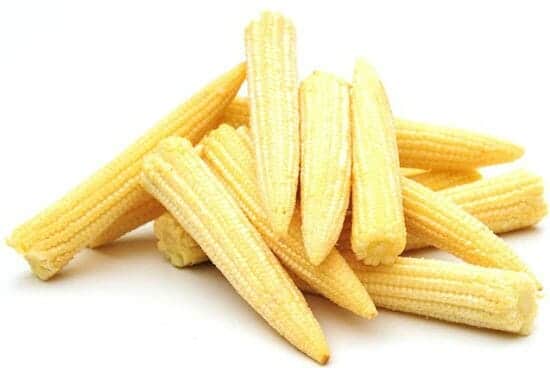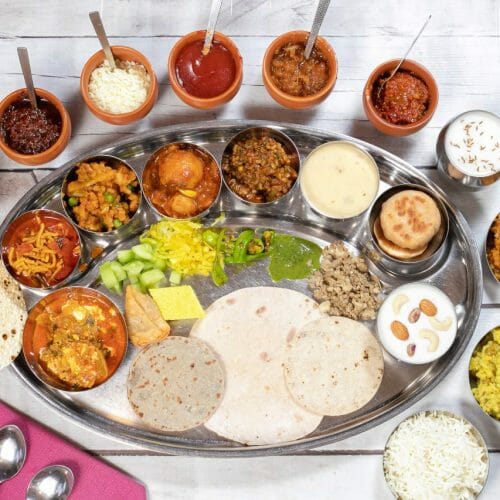A healthy and strong body frame is necessary for good posture, balance, strength and proper movement of the body. Bones form the skeletal system of our body and it is vital to have a strong skeletal system to protect internal organs and anchor the muscles.
Calcium and vitamin D are two critical nutrients for bones. Calcium is the main building block of the bone tissues and makes the bone dense and strong. Vitamin D is essential for the absorption and proper utilization of calcium. Your bones are bank accounts of calcium where you deposit and withdraw calcium throughout your life.
Low calcium intake is associated with low bone mass and high fracture rate. Low calcium levels in the blood lead to withdrawal of calcium from the bones which over a period of time make the bones weak and brittle and finally cause osteoporosis.
Osteoporosis is a medical condition characterized by weak, fragile and porous bones that are more prone to fractures.
A regular supply of calcium is not only important during childhood and the adolescent age but throughout life to keep the bones healthy and strong. The recommended dietary allowance (RDA) for calcium is (see chart):
| Age (in years) | Category | Calcium (RDA) |
|---|---|---|
| 1-3 | Children | 700 milligrams/day |
| 4-8 | Children | 1000 milligrams/day |
| 19 to 50 | Men and women | 1000 milligrams/day |
| 51 and older | Men and women | 1200 milligrams/day |
| Under 19 | Pregnant/breastfeeding mothers | 1300 milligrams/day |
| 19 and above | Pregnant/breastfeeding mothers | 1000 milligrams/day |
Besides calcium and vitamin D, there are some nutrients which are also important for health of the bones. Other vital nutrients for bone health are phosphorus, magnesium, potassium, fluoride, boron, zinc, copper and vitamin K.
It is very important to eat the right food to build strong and healthy bones in the years of skeletal growth and equally important to eat well to maintain healthy bones throughout life. Healthy and strong bones built in the childhood and teen years can avoid osteoporosis and other bone problems later in life.
Include the “super foods” given below to boost your bone density to keep bones strong and healthy at all ages.
Milk, yogurt and cheese: Milk, undoubtedly is the “super-star” when it comes to healthy and strong bones. It is the best source of calcium required for proper growth of bones. Besides calcium, milk also provides other essential nutrients needed for optimal health of bones such as potassium, magnesium, phosphorus, vitamins A, D and B12. Low-fat or fat-free milk is a better choice because it has more calcium with little or no fat and is easy for the body to absorb.
Yogurt can be a preferred choice for those who do not like drinking milk. A bowl of yogurt is good enough to deliver calcium. Cheese is a great source of calcium.
Tips for adding more dairy to your diet:
If high-calorie is holding you back from consuming milk and other dairy products, choose low-fat dairy products.
- Cook oatmeal, porridge or any other hot breakfast cereal in milk instead of water.
- Substitute milk for water in soups.
- Enjoy a bowl of yogurt with cut fruits.
- A glass of fruit smoothies with milk or yogurt is a great way of getting calcium and other nutrients for strong bones.
- Grab a piece of cheese for a mid-meal snack. This will not only add calcium but also enhance your mood. Your bones will thank you for delivering calcium to them.
- Get creative with yogurt. Use it as a salad dressing or a side dip. Replace it with sour cream on potatoes.
- Use milk for making dough for pancakes.
Look towards the sea: Fish is another great way of getting calcium and other nutrients for healthy bones. Sardines – these tiny bony fish have nutrients you need for building and maintaining bone density. The fish not only supplies high amounts of calcium and vitamin D but also magnesium and phosphorus. One can of sardines provide 351 milligrams of calcium.
Salmon, tuna and other fatty fishes, besides bone-boosting nutrients, are rich in omega-3 fatty acids. Fish oil supplements have been shown to reduce bone loss in women.
Snack on seeds and nuts: Snack on a handful of seeds and nuts to get calcium and other essential vitamins and minerals for strong bones. Pistachios, sunflower seeds and almonds supply a good amount of calcium. Walnuts and flaxseeds are packed with omega-3 fatty acids, besides calcium and other nutrients. It has been shown that alpha-linolenic acid, a type of omega- 3 fatty acid, decrease, the rate of breakdown of the bones and maintains the bone density.
Go greens: Green vegetables – such as collard greens, spinach, kale, parsley, turnip greens, mustard greens, Chinese cabbage, dark green leafy salads, broccoli, etc – are all excellent for boning up on calcium and bone health nutrients such as potassium, magnesium and vitamin K. Add extra servings of green vegetables to your meal for healthy bones.
Fortified cereals and juices: Fortified food is another way of boning up on calcium. Fortified orange juice has around 240 milligrams of calcium. A cup of fortified cereals can deliver up to 1000 milligrams calcium. Vitamin D fortified milk can be a good source of vitamin D.
Calcium supplements: There are no substitutes to eating well to get the desired amount of calcium. But if you are not eating calcium-rich foods well to get the desired amount, you may require calcium supplements.
While choosing calcium supplement, go for ones that also contain vitamin D because vitamin D is necessary for proper absorption of calcium. Pregnant women, menopausal women or those with a history of osteoporosis may require calcium supplements for maintaining healthy bones.
Last but not least, weight bearing exercise is a must to maintain healthy and strong bones and to keep osteoporosis at bay.
Calcium-leeching foods – avoid them:
- High-fructose corn syrup, soft drinks and foods that are acidic in nature are the biggest threat to your bones. They alter the pH of the blood making it more acidic. In an attempt to counterbalance the acidic pH; your body withdraws calcium and magnesium from the bones. With every sip of these soft drinks and acidic foods, you are robbing your body frame of its bone density and making it more prone to osteoporosis.
- High-protein diet – Too much protein in the diet draws calcium from the bones.
- Alcohol – Alcohol interferes with the calcium absorption. So limit alcohol intake.
- Excess salt – Eating excess salt can lead to calcium loss and bone breakdown. Avoid processed foods as they are high in salt.
- Caffeine – drinking too much coffee can cause calcium loss and lead to weak bones. This can be really bad for those who are already low on calcium and have a history of osteoporosis.
Safety alert:
- Consult your doctor before starting the supplements.
- Avoid taking calcium supplements with medication that has to be taken on an empty stomach.
- Do not take more than 500 milligrams at a time because your body can absorb a limited amount of calcium at a time.
- Higher amounts of calcium over a long period of time can increase the risk of kidney stone formation in some people.













